Donald Trump’s assassination attempt has upheaved the political landscape. However, as the nation grapples with this unprecedented attack, many are finding it difficult to reconcile their concern with memories of Trump’s own controversial responses to acts of violence.
The assassination attempt occurred just days before the Republican National Convention, where Trump is expected to accept his party’s nomination for the third time. As news of the attack spread, a wave of sympathy and concern swept across the political spectrum. However, this outpouring of support has been tempered by recollections of Trump’s often callous reactions to similar incidents during his presidency and beyond.
Trump has a history of disregard for violence
At the time a man threatened Trump’s life with a rifle, many are remembering Trump’s response to the January 2024 school shooting in Perry, Iowa, which left one student dead and seven others wounded. Nearly 36 hours after the tragedy, Trump finally addressed the incident at a campaign rally, saying, “We love you, we pray for you and we ask God to heal and comfort really the whole state and the pain that you have.” However, he quickly followed this vague expression of sympathy with a statement that struck many as insensitive: “But, we have to get over it. We have to move forward.”
This pattern of initial condolence followed by seemingly dismissive remarks is not new for Trump. In September 2023, during a speech at the California Republican Party Fall Convention, he mocked the hammer attack on Paul Pelosi, husband of former House Speaker Nancy Pelosi. Trump taunted, “We’ll stand up to crazy Nancy Pelosi, who ruined San Francisco — how’s her husband doing, anybody know?” In the same speech, the former President also underlined how Pelosi was against the Republicans building a wall on the Mexico border while she has a wall around her house, “which obviously didn’t do a very good job.”
The examples don’t end there. In October 2020, following the foiled kidnapping plot against Michigan Governor Gretchen Whitmer, Trump’s response drew widespread criticism. At a rally in Michigan, Trump downplayed the seriousness of the threat, mocking Whitmer’s concerns and even encouraging chants of “lock her up” from his supporters. When asked about the plot, Trump boasted about his administration’s role in thwarting it but quickly pivoted to criticizing Whitmer’s COVID-19 restrictions, saying, “I guess they said she was threatened. And she blamed me. She blamed me. And our people were the ones that worked with her people, so let’s see what happens.”
Trump’s reaction to the January 6, 2021, Capitol attack has been brought up after the assassination attempt as well. Despite the violence and destruction that unfolded that day, the former POTUS initially remained silent for hours, watching the events unfold on television. When he finally addressed his supporters, he told them, “We love you. You’re very special,” and asked them to go home while continuing to push false claims about a stolen election. In the years since, Trump has consistently downplayed the severity of the attack, referring to the rioters as “patriots” and even suggesting he would pardon many of them if re-elected.
Trump’s stance on gun violence has been equally controversial. Throughout his presidency and subsequent campaign efforts, he has consistently positioned himself as a staunch defender of the Second Amendment. The former President has consistently framed the issue of gun violence as a mental health problem rather than a gun control issue. At an NRA annual meeting in April 2023, he asserted, “This is not a gun problem. This is a mental health problem, this is a social problem, this is a cultural problem, this is a spiritual problem.” This perspective aligns with his long-standing position on gun rights and his close relationship with the NRA.
The irony of the situation is not lost on many political commentators. A man who has often been accused of inciting violence through his rhetoric and downplaying the seriousness of gun violence has now become a victim of the very thing he seemed to dismiss. Plus, considering the shooter is reportedly associated with the Republican party, the assassination attempt is bound to sting even more.
As the nation moves forward from this shocking incident, it remains to be seen how Trump will address the attack and whether it will influence his approach to discussing violence and gun control. Maybe the near-death experience can give him some newfound appreciation of the value of life. Then again, given his track of controversial statements about violent incidents, it’s best not to be too hopeful.

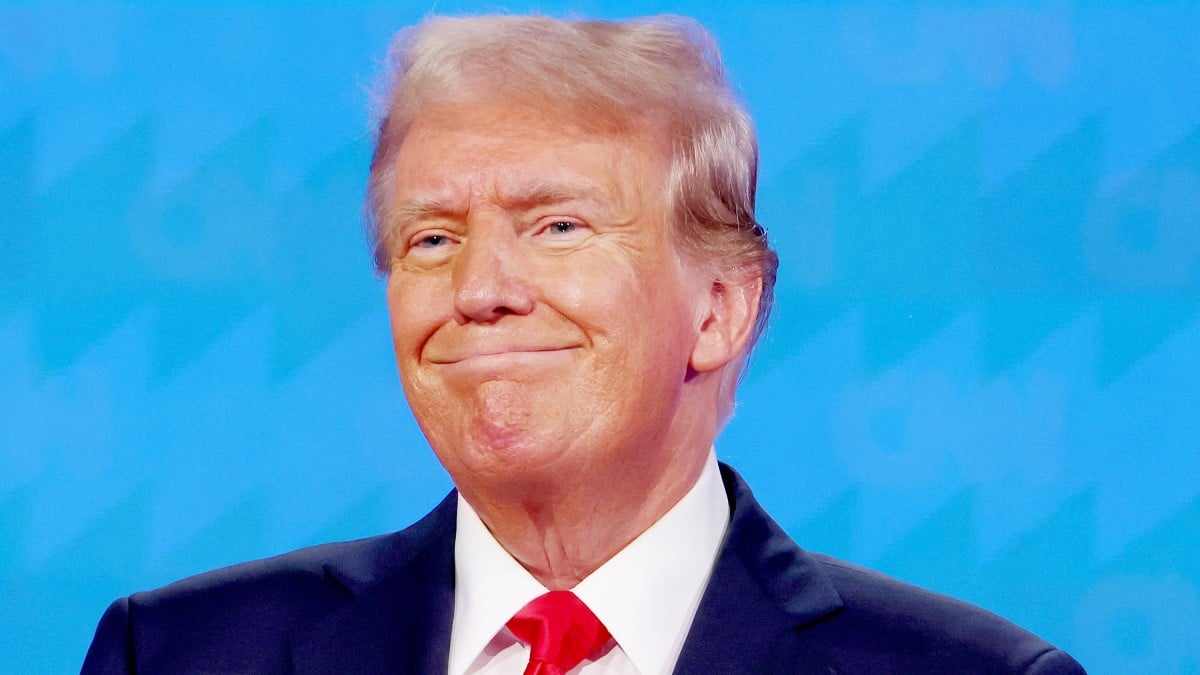


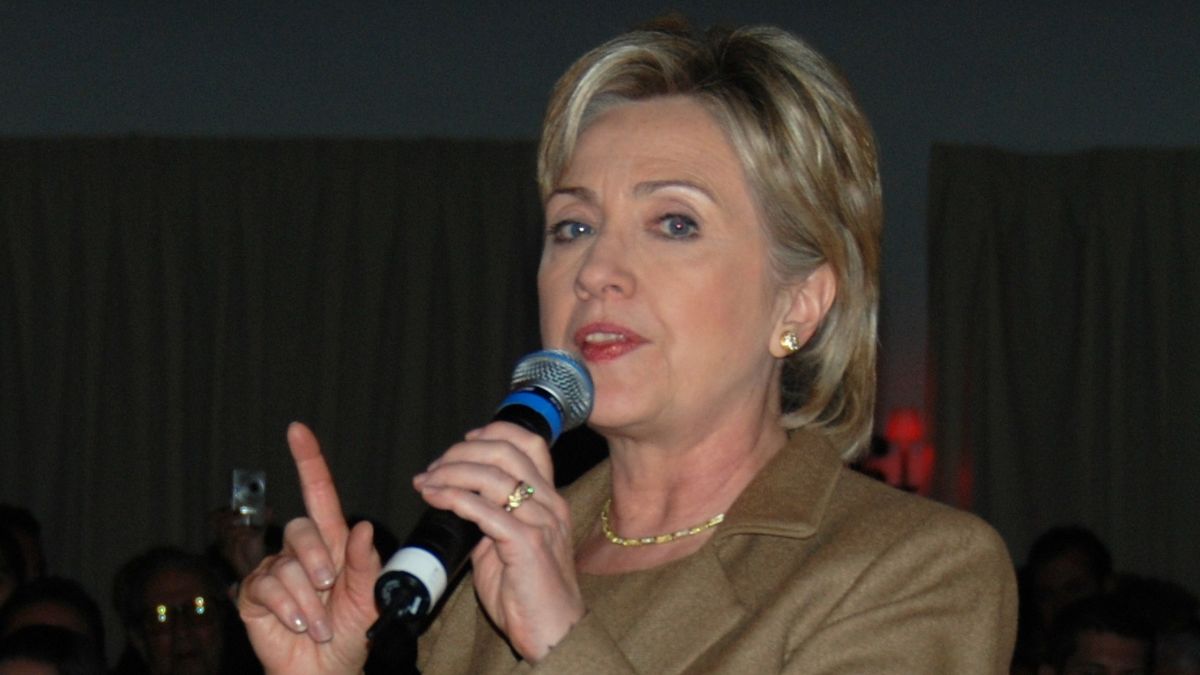
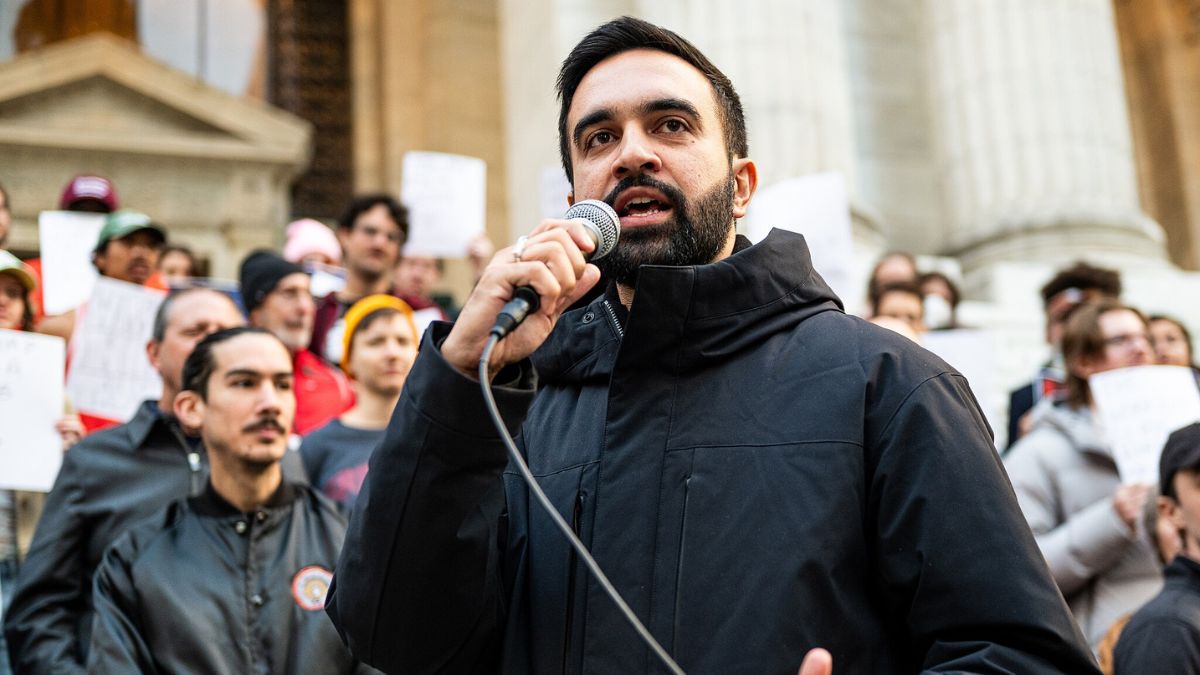
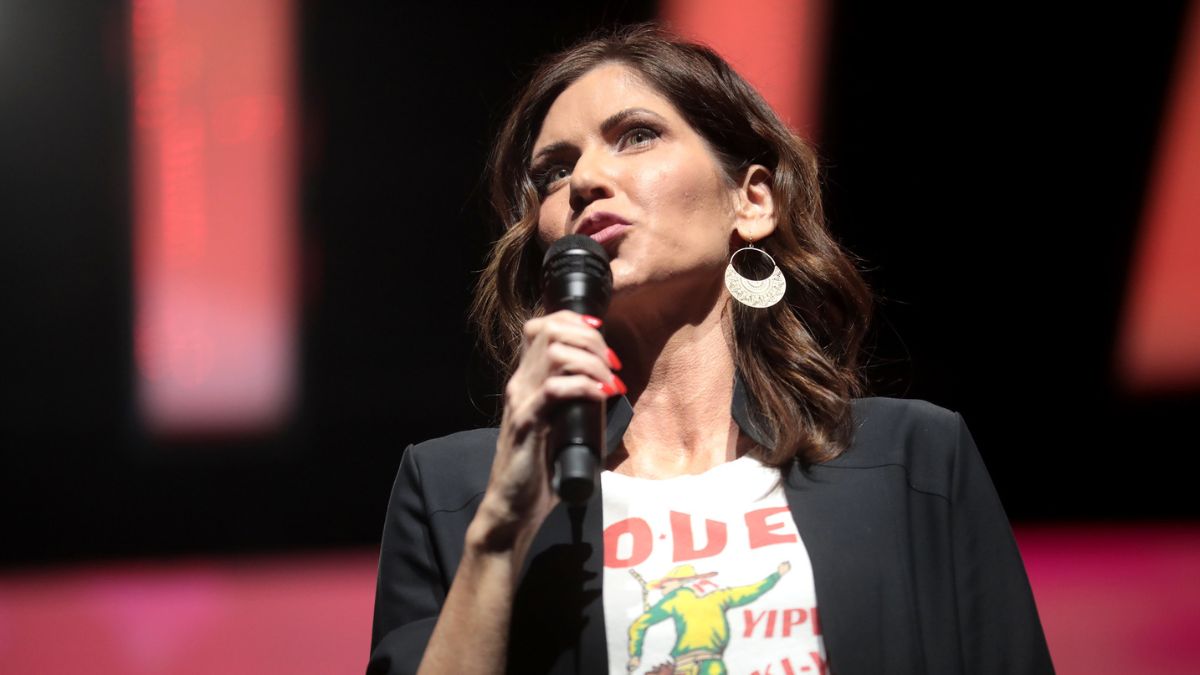


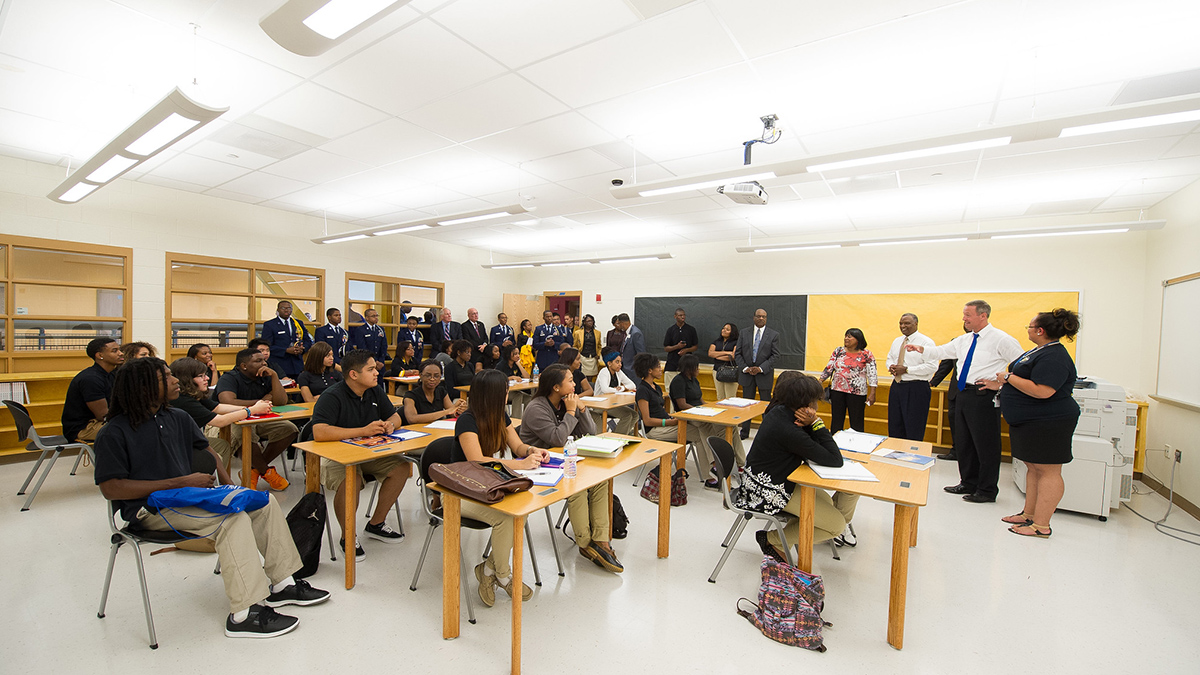

Published: Jul 14, 2024 09:50 am